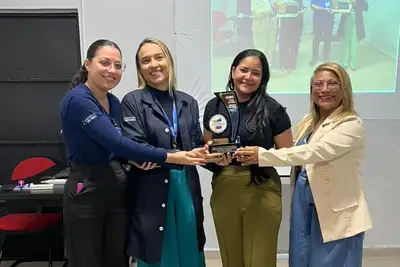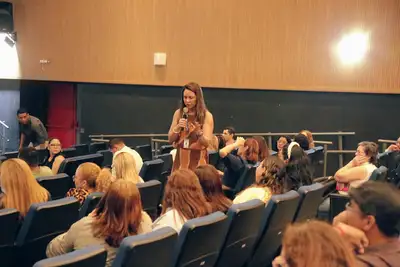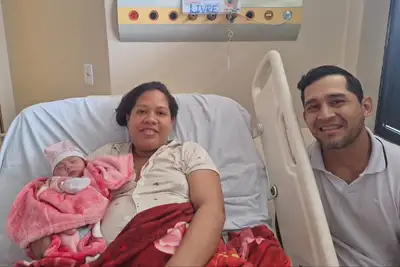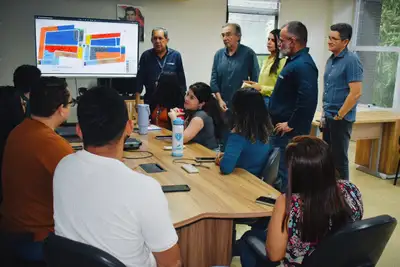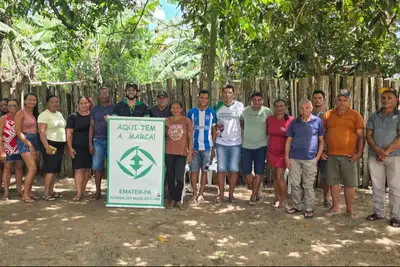Emater presents organic production case from Baixo Amazonas at COP30 panel
Experience of Tapajós Orgânicos shows how public rural extension boosts sustainable and certified production in the Amazon
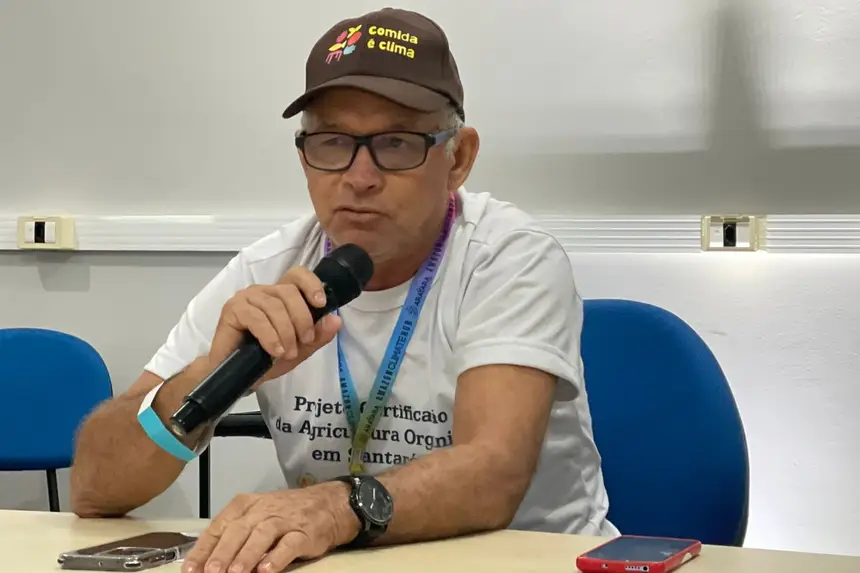
With the support of the Technical Assistance and Rural Extension Company of the State of Pará (Emater), farmer José Cunha, 60, has been adopting agroecological practices for over two decades on the three hectares of the Nova Esperança farm, in the Boa Fé community, in Mojuí dos Campos, in Baixo Amazonas: "I had a crisis of conscience because, when I started using vegetables, the information we received was the need to use poison to kill insects, and we didn't even think about the possibility that these same products could harm nature as a whole and, especially, human beings. But I saw that little skull on the packaging and went to find out," recalls the former coordinator of the Tapajós Orgânicos Participatory Certification Association.
The group, served by Emater, brings together 23 families producing organic food from Mojuí dos Campos and the Santarém hub and acts as a participatory conformity assessment organism (Opac), under the accreditation of the Ministry of Agriculture, Livestock and Supply (Mapa) and within the Participatory Guarantee System (SPG).
"Emater is a great partner in this story: a facilitator, a strengthener. Tapajós Orgânicos is a family - and Emater is part of the family. Today, for example, I cultivate with the rich and full diversity of family farming, without pesticides: Safs [agroforestry systems] with banana, andiroba, açaí, and many others; vegetables like eggplant and arugula. There are more than 20 species. Everything together and mixed and producing successfully, and that’s how we are happy," says the producer.
Panel
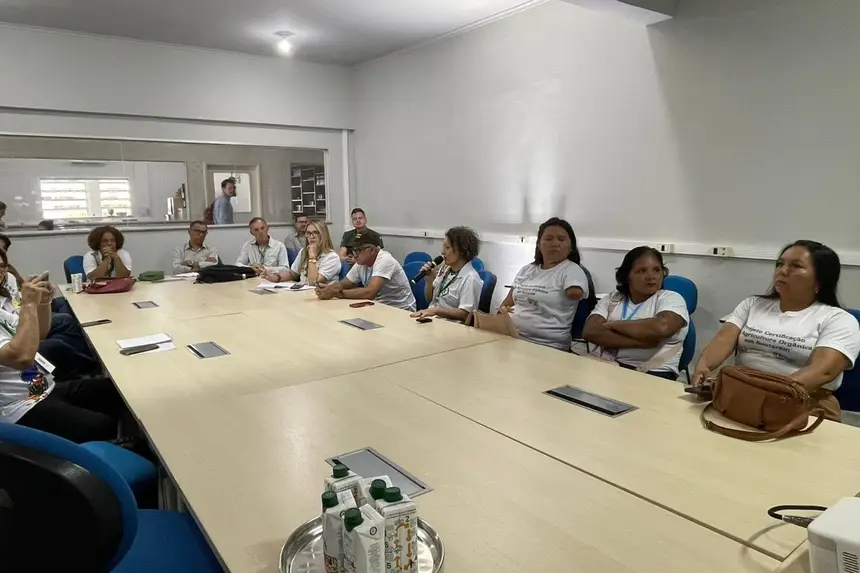
More than a thousand kilometers by road from Mojuí dos Campos, in the capital Belém, during the second week of programming by the government of Pará at the 30th United Nations Conference on Climate Emergencies (COP30), the case of Tapajós Orgânico, in the perspective of successful public policies, is one of the highlights of the panel "A Public Rural Extension Experience in Santarém: Method and Actions for Family-Based Organic Production," presented by the team from the local Emater office in Santarém, a municipality identified as a pioneer in organic production in Pará.
The event takes place on the afternoon of this Monday (17), at Agrizone, at the headquarters of the Brazilian Agricultural Research Corporation (Embrapa), in the Marco neighborhood. The objective is to showcase, on the world stage, realities to which Emater's actions contribute, especially in the results of natural resource conservation and certified organic food production. Some of the processes include promoting "Field Days" and fairs; supporting the formation of social control organizations (OCSS) and Opacs; using sustainable technologies, such as popular homeopathy, and access to institutional markets of the Food Acquisition Program (PAA) and the National School Feeding Program (Pnae).
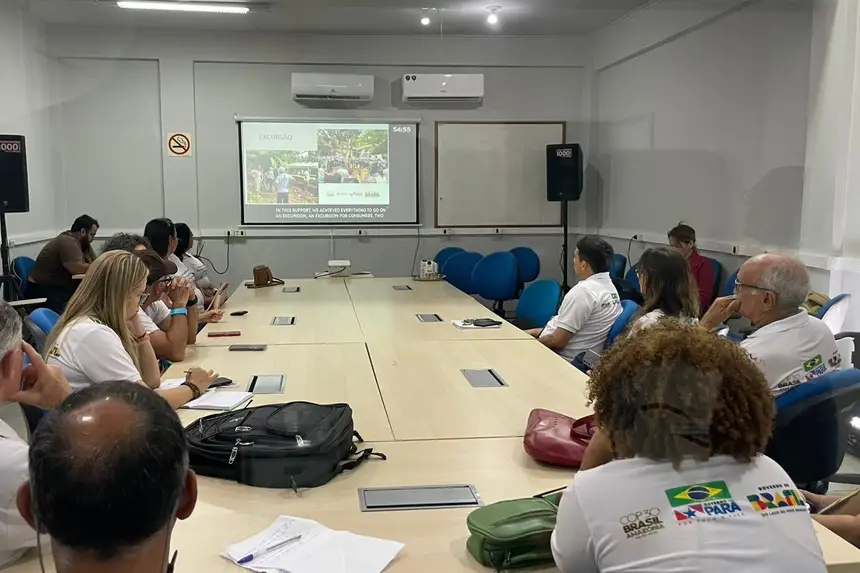
"Organic production is a counter-movement to the conventional model; a mobilization in which we have participated since 2011, with various partners, as the construction is collective. The SPG is an instrument, I say a path, for family farming in the Amazon region, because it is not just organic production of healthy and quality food, but it is a whole agroecological basis: environmental justice, value and income addition, respect for the countryside and the city, and the rescue of traditions," considers the professional leading the Panel, agronomist Ana Cláudia Siviero, a specialist in Environmental Management and Sustainable Development and a master's degree in Society, Environment, and Quality of Life.
Text: Aline Miranda


